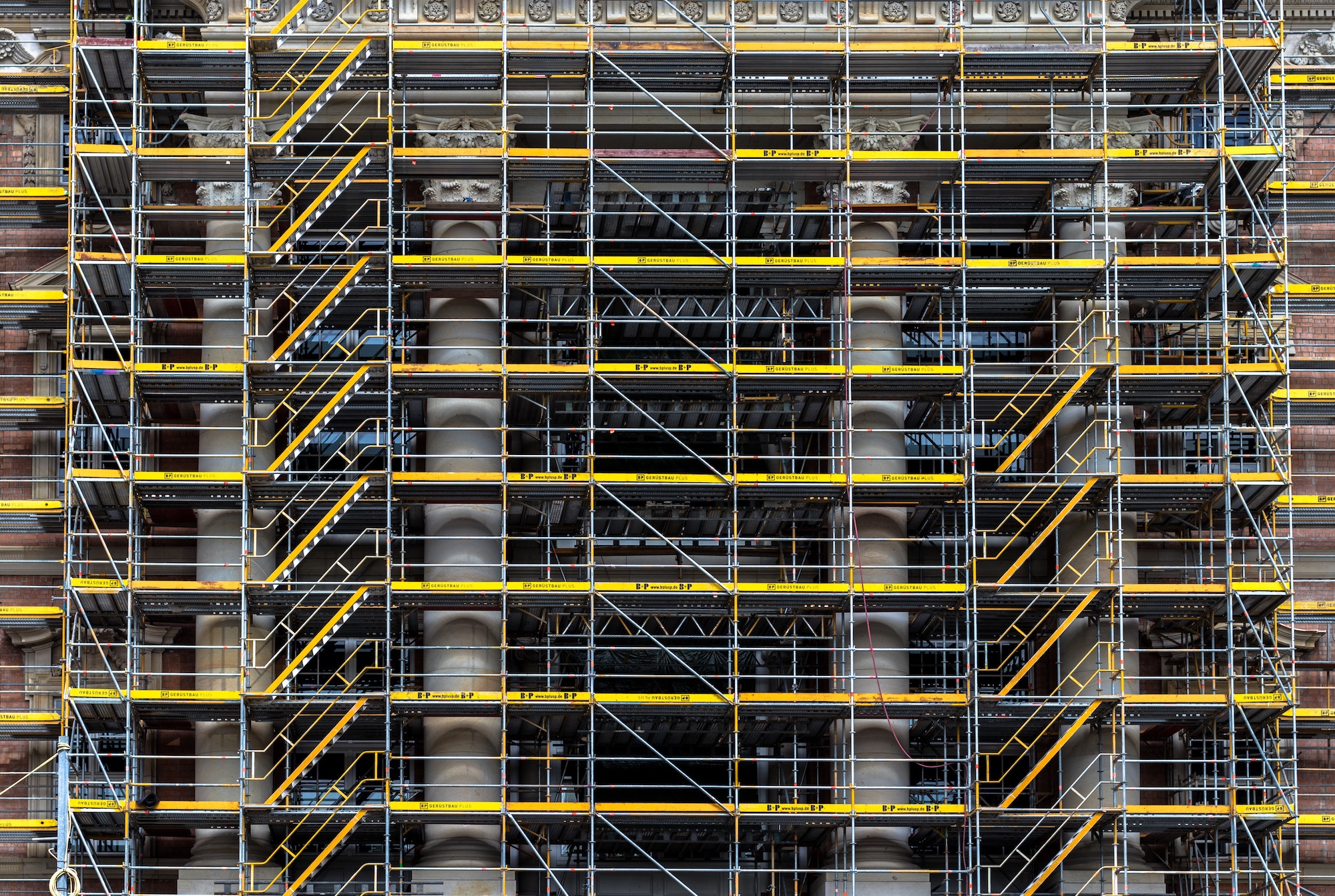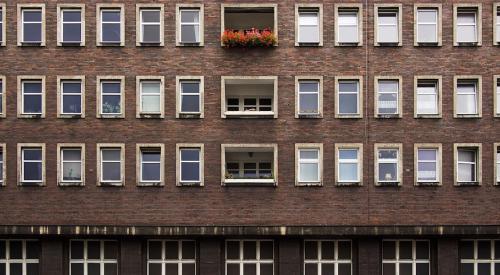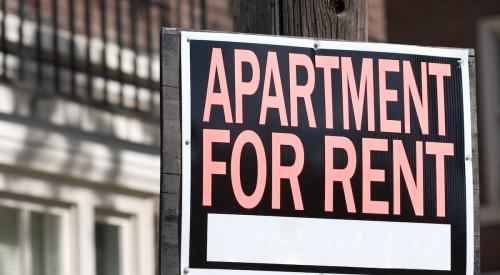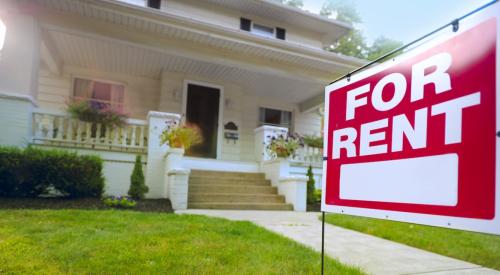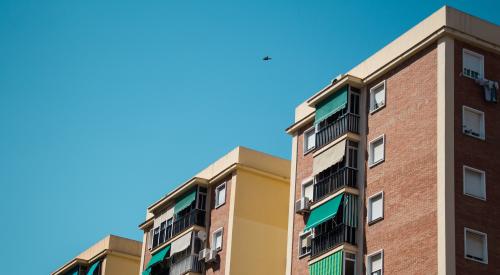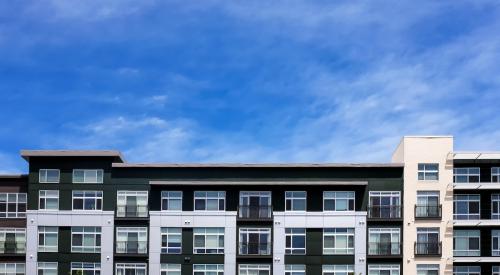Slower rental price increases, along with faster wage growth in the first quarter of 2018, is expected to elicit a sigh of relief from many low- and middle-income households in the U.S. over the next few years.
RealPage's data show a 2.3 percent increase Q1, down from 2.6 percent in the last quarter of 2017. A recent slew of new apartment construction is being cited as a major driver for the price slowdown. 319,000 units were completed over the past 12 months, and RealPage chief economist Greg Willett anticipates that another 314,000 will be completed in the next year. The normal pace is 250,000, CNBC points out. Willett expects rent growth to level out at 2.5 percent over the next year, adding, "Household income is going to go up faster than rent. That's a more comfortable situation."
Equally significant is that apartment occupancy in the first quarter fell to 94.5 percent—a historically normal level—from 95.1 percent late last year and an average 95 percent from 2012 to 2017. During that period, tight apartment supplies and surging demand from Millennials pushed occupancy and rent higher. "What we're seeing is a return to more normal conditions," says Willett.
